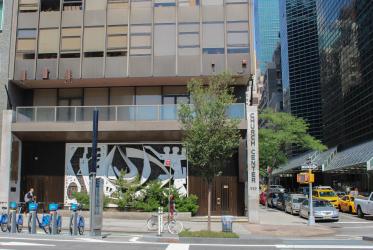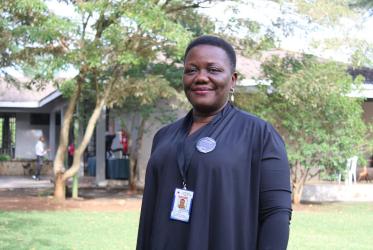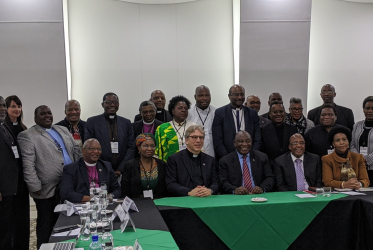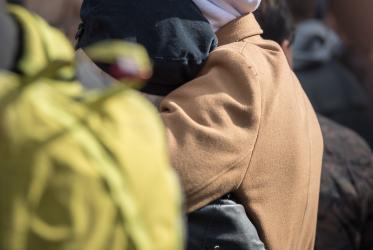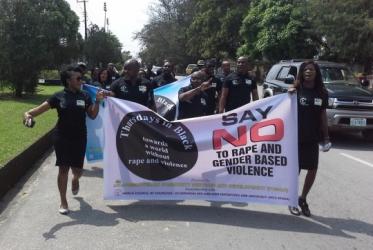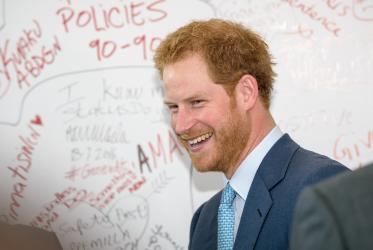Displaying 1 - 15 of 15
06 October 2022
WCC delegation meets with South African President Ramaphosa
09 December 2019
Churches in southern Africa stand against violence, xenophobia
10 October 2019
WCC congratulates 2018 Nobel Peace Prize laureates
05 October 2018
Pan-African women demand end to gun violence in USA
29 March 2018
In Nigeria, Thursdays in Black is flourishing
26 March 2018
“Called to be a good neighbor”
14 October 2017
Star power shines light on AIDS epidemic
21 July 2016
